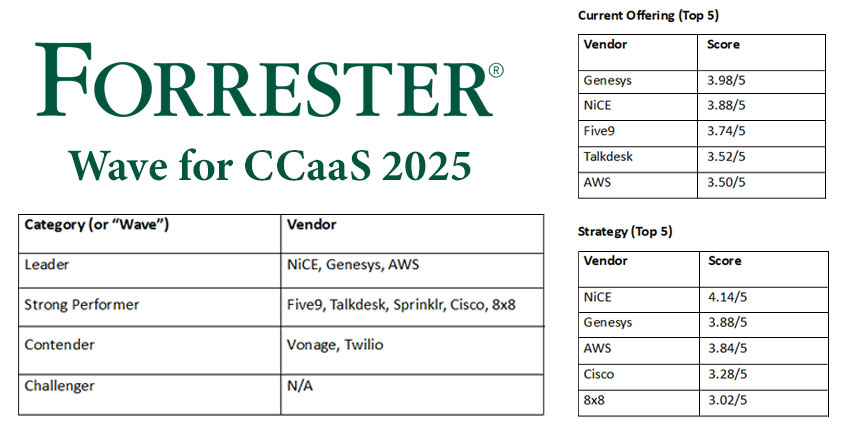At the end of March, Concentrix announced its plans to roll up fellow BPO Webhelp.
This is the latest in a string of similar moves in the space. Indeed, Sitel snapped up Sykes, and HGS acquired TeklLink International within the past couple of months.
Yet, with a $4.8BN price tag, the Webhelp acquisition is the biggest yet – underlining Concentrix’s position amongst the new category of BPO giants.
While it had been somewhat pegged to North America, the BPO provider will now significantly increase its presence in Africa, Europe, and Latin America.
In fact, it will double its base of approximately 1,000 clients, working with 200 additional companies from emerging economies and 25 from the Fortune 500.
Noting this, Chris Caldwell, President and CEO of Concentrix, stated:
With our combined strengths, we will be uniquely positioned to redefine the industry and design, build and run the future of CX.
While this is a big statement, Everest Group estimates that the acquisition will result in Concentrix enjoying a market share of between six and eight percent.
With this, it joins the likes of Foundever, Sitel, and Teleperformance at the forefront of the space, which they threaten to dominate with their extensive expertise, reach, and resources.
As such, some have expressed concern that other BPO players may struggle to compete with these leaders, given their superior scale.
Nevertheless, such moves may also open up opportunities for more niche, specialized providers.
New Opportunities for Differentiation
As market consolidation limits BPO buyers’ choices for strategic customer service partnerships, those that provide tailored offerings for specific sectors may stand out.
For instance, consider IGT Solutions. It provides BPO services tailored for those in the gaming industry – where it can demonstrate significant expertise.
Also, smaller players may wish to consider specific customer service areas where they excel and use those at the forefront of their go-to-market.
Sensée has done this for years, positioning itself as the work-from-home contact center specialist. After the pandemic struck, it won significant business thanks to the strategy.
Another example is Startek, which differentiates through human-centered, empathy-led CX solutions. Meanwhile, Smith.ai distinguishes itself through AI-based services.
One of these more niche players may offer the ideal solution for an organization. Or, perhaps, they may be better suited to a giant like Concentrix. It all depends on a business’s unique requirements.
Expect Concentrix to Gain Momentum
Consolidation at the top of the BPO market may open up opportunities for smaller players in the long run. Nevertheless, Concentrix will likely land more customers and expand its business in the coming years.
After all, it can now offer its specialist tools to a new customer base, including its experience design and voice of the customer solutions.
The latter performed impressively in the recent Forrester Wave – placing only behind Medallia.
Meanwhile, Concentrix can make new solutions available to its existing base. These include Webhelp’s Contentus.AI, Moderatus, and Navigatus offerings.
As a result, there is a significant opportunity for Concentrix to expand its value proposition.
The BPO giant may also leverage Webhelp’s expertise in legal services, which proved a significant differentiator in its bid to stand out from the BPO crowd.
Finally, it will roll up Webhelp’s Lead Factory and Gobeyond Partners – the consulting firm – as part of the deal to further expand its reach and expertise.
As such, expect Concentrix to gain momentum, acquiring a leader in the space, according to the latest Gartner Magic Quadrant report.
However, this should not discourage smaller players, which may stand further apart, thanks to shrinking competition at the forefront of the BPO market.







